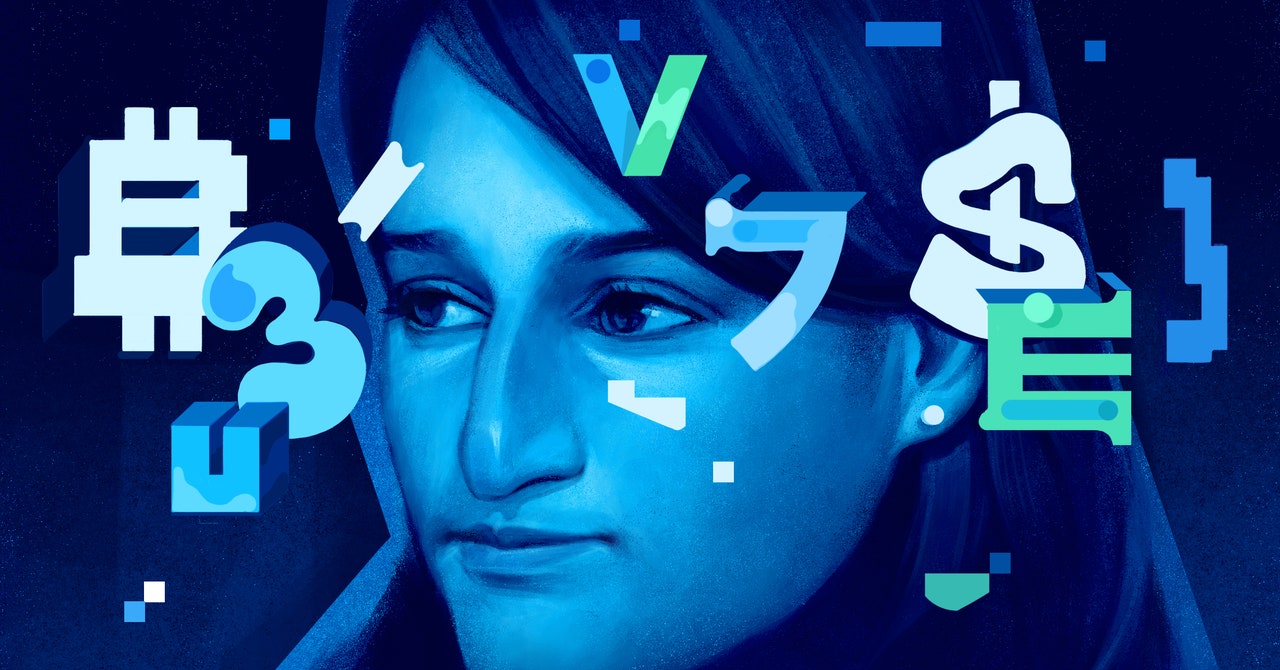- cross-posted to:
- hakt@szmer.info
- hackernews@derp.foo
- cross-posted to:
- hakt@szmer.info
- hackernews@derp.foo
“This is the story of the revelation in late 2013 that Bitcoin was, in fact, the opposite of untraceable—that its blockchain would actually allow researchers, tech companies, and law enforcement to trace and identify users with even more transparency than the existing financial system.”



Provided that the exchanges are cooperating (voluntarily or by law).
Why do you think NK and other “impenetrable” countries are so fond of it? It provides them with the means to monetize something otherwise pretty useless: their relative independence and the resulting potential for secrecy.
They are turning into new-age Swiss banks, keeping anyone’s private ledgers private. For a hefty sum.
And one does not need a strong currency to achieve that: other cryptocurrencies are also perfectly usable.
People don’t need an exchange either. Someone can create a physical paper wallet with no copy of its keys and who ever holds it owns it.
Organized crime has existed for a while, the boss rarely gets their hands dirty and the grunt isn’t involved and in the know enough about the bigger crime to be charged too harshly if their part in it was discovered.
The point of the exchange in that context is to have a separate ledger. That is, to hide parts of the information, so that it is then impossible to relate information otherwise public.
You cannot do that with a paper wallet. A wallet (cryptographic material) and a ledger (a collection of transfers - the blockchain being an example of one) are totally unrelated.